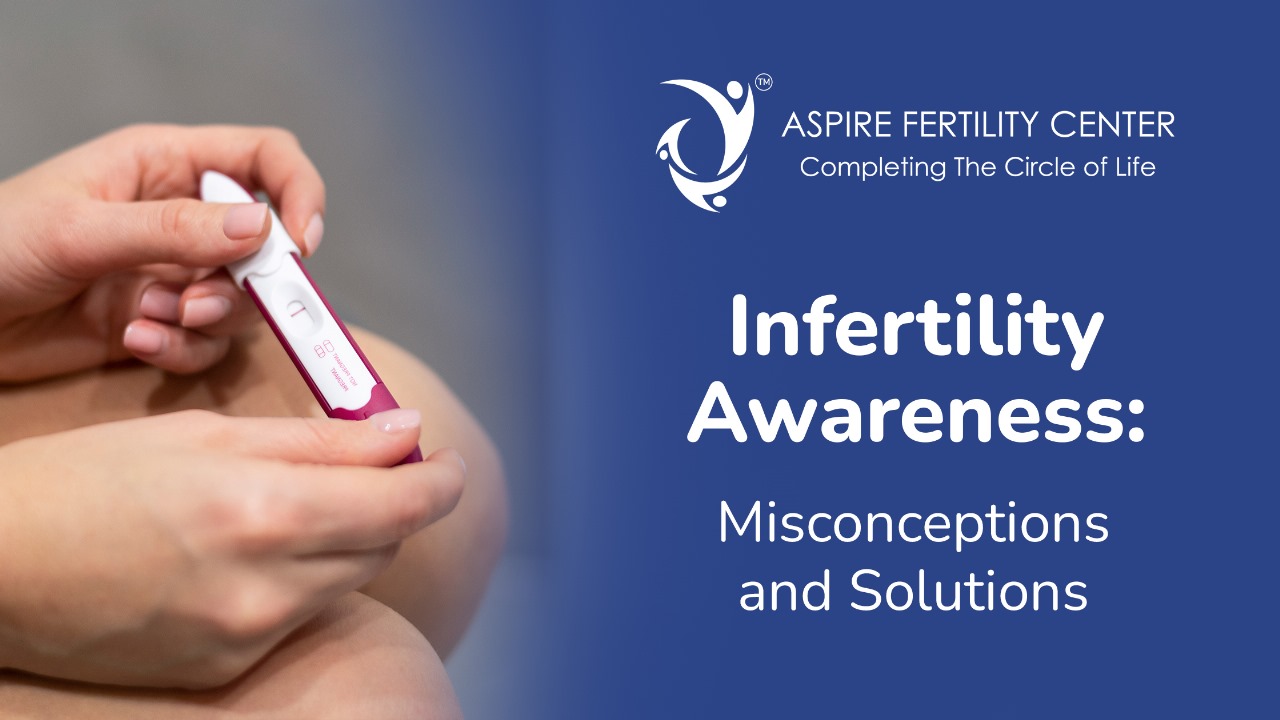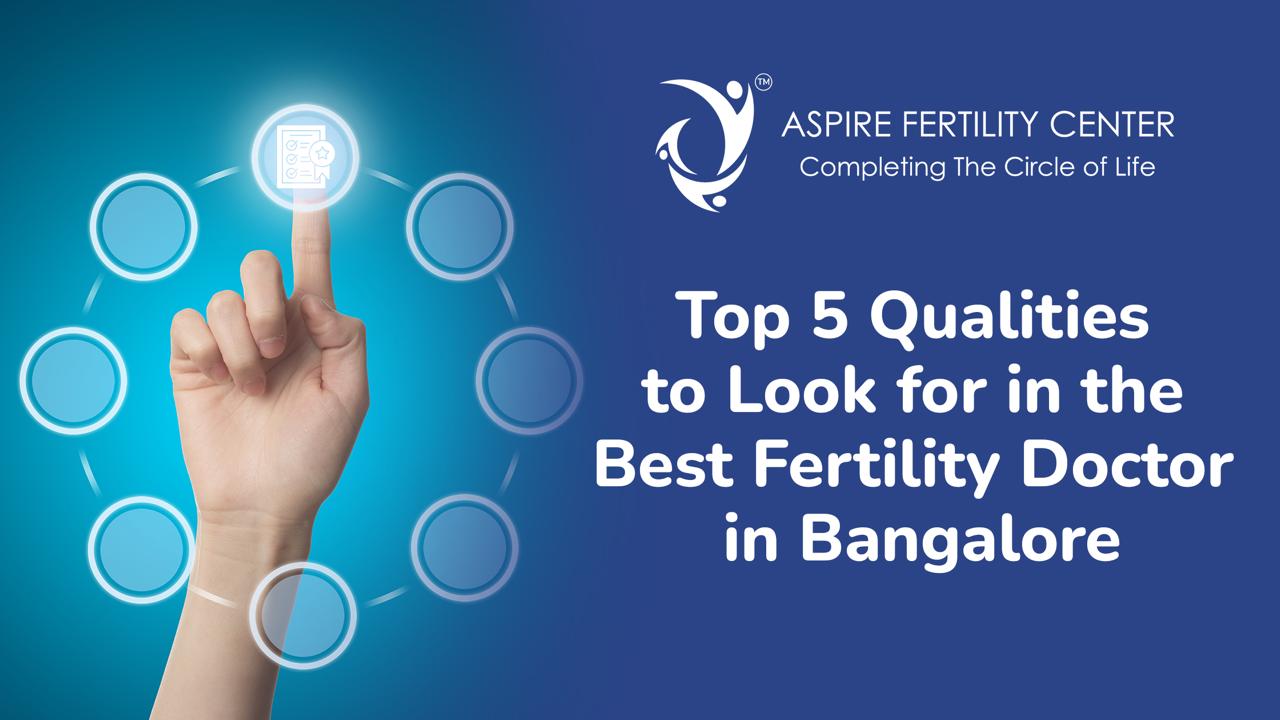
Infertility Awareness: Misconceptions and Solutions
Infertility awareness is crucial for countless couples worldwide who face challenges in conceiving. Many suffer in silence due to widespread misconceptions and a lack of scientific knowledge about infertility. This article delves into the importance of raising awareness about infertility, the common misconceptions that affect couples, and the solutions available to help them overcome this struggle.
Understanding Infertility
Definition and Prevalence
Infertility is defined as the inability to conceive after one year of unprotected intercourse. It’s a condition that affects millions of couples globally. According to the World Health Organization, roughly 1 in 6 people of reproductive age worldwide experience infertility, which is a condition that affects people of all genders.
Misconceptions About Infertility Causes
1. Age-Related Fertility Decline
One common misconception is that infertility is solely a woman’s issue, often attributed to age. While it’s true that female fertility declines with age, men also experience a decline in fertility, albeit at a slower rate. The age factor affects both genders, and it’s essential to acknowledge this to ensure both partners seek appropriate evaluation and treatment.
2. Male Infertility Myths
Another prevalent myth is that infertility is rarely due to male factors. In reality, male infertility accounts for approximately 40-50% of all infertility cases. Misconceptions about masculinity and fertility can prevent men from seeking help, perpetuating the issue.
3. Lifestyle Factors and Fertility
There are misconceptions about lifestyle factors and their impact on fertility. While maintaining a healthy lifestyle is crucial, it is not the sole determinant of fertility. Factors such as smoking, excessive alcohol consumption, and obesity can affect fertility, but they are not the only reasons a couple might struggle to conceive.
4. Stress and Fertility
Many people believe that stress is a primary cause of infertility. While stress can impact overall health and well-being, it is not a direct cause of infertility. Stress may affect hormone levels and menstrual cycles, but it is typically not the root cause of infertility. Reducing stress is beneficial for overall health but should be coupled with medical evaluation for those experiencing infertility.
5. Infertility as a Psychological Problem
A significant misconception is that infertility is largely a psychological problem. While emotional and psychological well-being are essential, infertility is primarily a medical condition. Believing that “just relaxing” or “trying not to think about it” will resolve infertility can undermine the need for medical intervention and support.
6. Timing of Intercourse
Another myth is that the precise timing of intercourse can ensure conception. While timing intercourse around ovulation increases the chances, it is not a guarantee. Many couples struggle with infertility despite well-timed efforts due to underlying medical conditions that require treatment.
7. Infertility and Health
Some believe that healthy individuals cannot be infertile. In reality, infertility can affect anyone, regardless of overall health. Conditions such as endometriosis, polycystic ovary syndrome (PCOS), and low sperm count can affect individuals who appear otherwise healthy. Regular health check-ups and medical evaluations are crucial for diagnosing infertility causes.
8. Quick Fixes for Infertility
There is a misconception that fertility treatments always provide quick fixes. While treatments like IVF can be highly effective, they may not work immediately and often require multiple attempts. Understanding that infertility treatment is a process helps set realistic expectations for couples undergoing treatment.
9. Infertility as a Rare Issue
Some people think that infertility is rare and only affects a small percentage of the population. In reality, infertility is a common issue, affecting about 1 in 8 couples. This misconception can lead to feelings of isolation and shame for those experiencing infertility, making it essential to raise awareness and provide support.
10. Infertility as a Female-Only Issue
A prevalent misconception is that infertility is exclusively a female problem. This belief can place undue stress and blame on women when, in fact, infertility can be due to male factors, female factors, or a combination of both. Addressing infertility as a shared issue encourages both partners to seek evaluation and treatment together, promoting a more supportive approach.
The Importance of Scientific Knowledge and Education
Role of Education in Dispelling Myths
Education plays a vital role in dispelling the myths surrounding infertility. Understanding the medical and scientific aspects of fertility can empower couples to seek the right treatment and support. Knowledge is a powerful tool that can help break down the barriers created by misconceptions.
How Lack of Knowledge Affects Treatment Decisions
A lack of knowledge about infertility can lead to poor treatment decisions. Couples may delay seeking help, opt for ineffective treatments, or give up hope prematurely. Education and awareness can guide them towards effective solutions and improve their chances of conception.
Raising Awareness About Infertility
Strategies for Increasing Public Awareness
Raising awareness about infertility requires a multi-faceted approach. Public campaigns, educational programs, and social media initiatives can help spread accurate information. Engaging the community and encouraging open discussions about infertility can reduce stigma and promote understanding.
Role of Media and Healthcare Providers
The media and healthcare providers play a crucial role in raising awareness. Media campaigns can reach a broad audience, sharing stories and facts about infertility. Healthcare providers can educate their patients, offering guidance and support from a position of authority and trust.
Providing Solutions and Support
Comprehensive Fertility Treatments
Modern medicine offers a range of fertility treatments, from medication and surgery to assisted reproductive technologies like IVF. It’s essential for couples to understand their options and seek treatment from reputable clinics.
Counseling and Emotional Support
Counseling and emotional support are critical components of infertility treatment. Mental health professionals can help couples navigate the emotional challenges of infertility, providing coping strategies and emotional support.
Community and Support Groups
Participating in support groups can offer a sense of belonging and empathy. Sharing experiences with others who are going through similar struggles can be incredibly comforting and empowering.
FAQs
1. What are common misconceptions about infertility?
Misconceptions include the belief that infertility is solely a woman’s issue, that age only affects female fertility, and that lifestyle factors are the main cause of infertility.
2. How can raising awareness about infertility help couples?
Awareness can dispel myths, encourage couples to seek help and provide them with the knowledge needed to make informed treatment decisions.
3. What emotional impact does infertility have on couples?
Infertility can lead to significant emotional distress, including feelings of inadequacy, frustration, and depression. It can also strain relationships and lead to social isolation.
4. How does Aspire Fertility Center support couples struggling with infertility?
Aspire offers comprehensive fertility treatments, personalized care, and emotional support to help couples navigate their fertility journey successfully.
5. Why is it important to seek treatment from a reputable fertility clinic?
A reputable clinic like Aspire Fertility Center offers advanced technologies, experienced specialists, and compassionate care, significantly improving the chances of a successful outcome.
Conclusion
Raising awareness about infertility is crucial to dispel misconceptions and provide couples with the knowledge and support they need. Infertility is not just a medical condition; it has profound emotional and psychological impacts. By increasing awareness, providing comprehensive treatment options, and offering emotional support, we can help couples navigate their fertility journey with hope and confidence.
* World Health Organization WHO Source: https://www.who.int/news/item/04-04-2023-1-in-6-people-globally-affected-by-infertility





